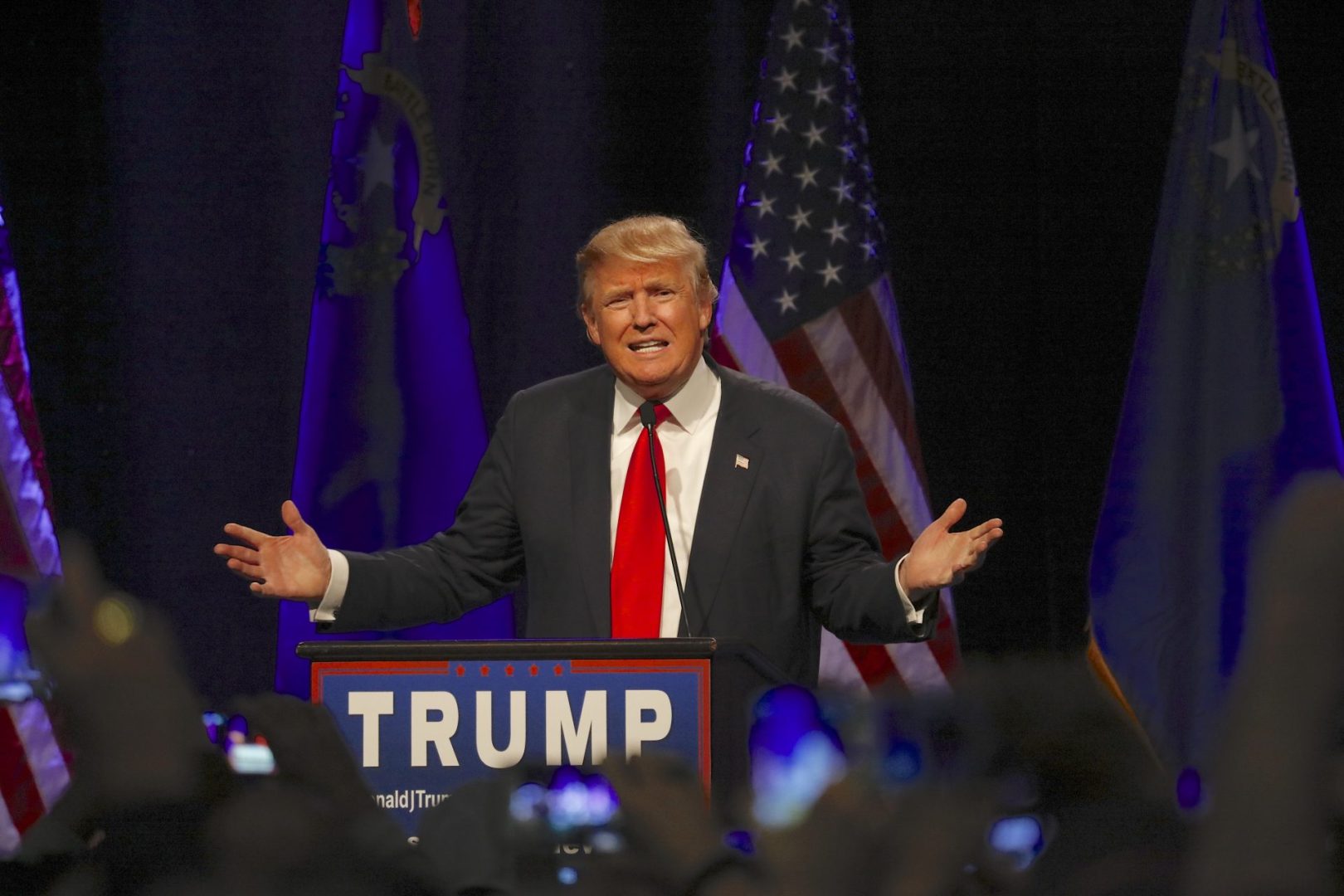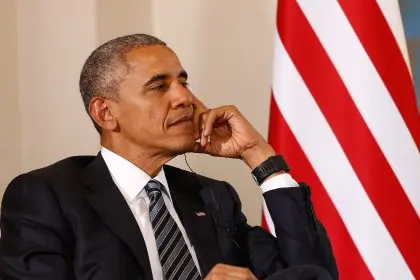The GOP’s “Southern Strategy”: A long-term appeal to racism
The modern GOP’s complicated relationship with race is not new; it stretches back to the mid-20th century when the party actively sought to win over Southern white voters disillusioned by the Democratic Party’s embrace of civil rights. The so-called “Southern Strategy” — first championed by Barry Goldwater and later perfected by Richard Nixon — was designed to capitalize on the racial tensions brewing in the South. Rather than overtly supporting segregation, Republicans used coded language about “states’ rights” and “law and order” to appeal to white voters upset by the federal government’s intervention in ending Jim Crow laws and desegregating schools and other parts of public and private life.
Nixon’s success in pulling these voters into the Republican fold marked a significant shift in American politics, realigning the party’s base and setting the stage for future elections. His strategy worked by implicitly promising to maintain the racial hierarchy without directly saying so. This type of messaging allowed the GOP to avoid being labeled as openly racist while still courting those for whom racial resentment was a central political motivator. Over time, this approach became deeply embedded in the Republican Party’s DNA.
Racially charged politics and the rise of Trump
Fast forward to the 21st century, and the legacy of the Southern Strategy is still very much alive. In the early 2000s, the Tea Party movement emerged, initially focusing on fiscal conservatism and a rejection of Obama-era policies. However, beneath this surface lay a continuation of the coded racial rhetoric that the GOP had relied on for decades. Much of the Tea Party’s energy came from opposition to the nation’s first Black president, Barack Obama. While many Tea Party supporters claimed their objections were about policy, the movement frequently dipped into racially charged territory. Trump’s rise to political prominence was built, in part, on his exploitation of these underlying racial anxieties.
Trump became the face of the so-called “birther” movement, a conspiracy theory that falsely claimed Obama was not born in the United States and was therefore ineligible to serve as president. Although this claim was easily debunked, Trump’s persistence in pushing the lie resonated with a significant portion of the Republican base. His birtherism wasn’t just about questioning Obama’s citizenship—it was a dog whistle designed to question Obama’s legitimacy as a Black man in power.
By 2016, Trump’s message had evolved beyond birtherism but remained steeped in racial and ethnic division. His campaign speeches often included inflammatory rhetoric about Muslims — who have been racialized as Brown since 9/11, regardless of their race or ethnicity —and people of color, particularly immigrants. He labeled Mexican immigrants as “rapists” and “criminals,” called for a total ban on Muslim immigration and spoke about predominately Black American cities as dangerous and lawless. His rhetoric appealed to a segment of the electorate that had long been conditioned by the GOP’s racially coded messaging — stemming from 200+ years of various strains of racism — but was now ready to embrace a more overt expression of these views.
Neo-Nazis at Trump’s rally: Not an isolated incident
The presence of neo-Nazis at the recent pro-Trump boat parade is alarming but not surprising. Throughout his presidency and beyond, Trump has attracted support from white nationalist groups, whether through direct appeals or a failure to explicitly denounce them. These groups see Trump as a figurehead for their cause, emboldened by his willingness to engage in divisive, racially charged rhetoric.
However, when faced with such incidents, Trump supporters often respond by deflecting blame. In the case of the boat parade, they claimed that the neo-Nazis were actually “liberal activists” attempting to make Trump supporters look bad — a baseless conspiracy theory that echoes similar deflections from past events. This tactic is not new; it mirrors the reaction to the January 6 Capitol riots, where many Trump supporters — without evidence — insisted that antifa or left-wing activists were responsible for the violence, despite overwhelming proof to the contrary.
A pattern of deflection and denial
This kind of response reveals a deeper issue within the MAGA movement and, by extension, a portion of the GOP base: a refusal to confront the reality of the hate groups that have found a home within their ranks. Rather than engage in introspection or take responsibility, these supporters often choose to construct alternate realities where their movement remains free from the taint of racism. This tactic serves to preserve the image of the MAGA movement as patriotic and purely concerned with “American values,” while avoiding uncomfortable truths about its connections to white supremacy.
The tactic of deflection has long been used in political discourse to avoid difficult conversations about race. By creating an “us versus them” narrative — where critics of Trump are portrayed as deceitful liberals trying to undermine American greatness — his supporters can avoid the cognitive dissonance that comes with aligning themselves with hate groups.
The broader implications for the GOP
The influence of racial resentment in the GOP is not just a fringe phenomenon but one that shapes the party’s broader policies and strategies. From voter suppression laws disproportionately affecting Black and Brown communities to immigration policies rooted in xenophobia, the Republican Party has continued to appeal to racial anxieties in its quest for power. While the party may not openly endorse white supremacist groups, it has often failed to fully repudiate them, allowing these groups to gain a foothold in mainstream politics.
The events at the Trump rally are a stark reminder of the work that still needs to be done to address racism in America. The GOP’s historical reliance on racial resentment for electoral success is not a relic of the past but a living, breathing force that continues to shape the party today. As long as these issues remain unaddressed, moments like the neo-Nazi appearance at the boat parade will continue to surface, highlighting the dangerous intersection of politics and white supremacy in America.
A crossroads for America
As America grapples with the legacy of its racial history, the GOP finds itself at a crossroads. Will the party continue to rely on the racial resentment that has served it for so long, or will it confront the white supremacist elements within its ranks and evolve into a party that truly represents all Americans? The answer to that question will shape the future of American democracy, as the fight against bigotry continues to unfold on the national stage. The recent Trump rally serves as a sobering reminder that the past is never truly gone — it is present in every rally, every vote, and every decision about who belongs in America.









